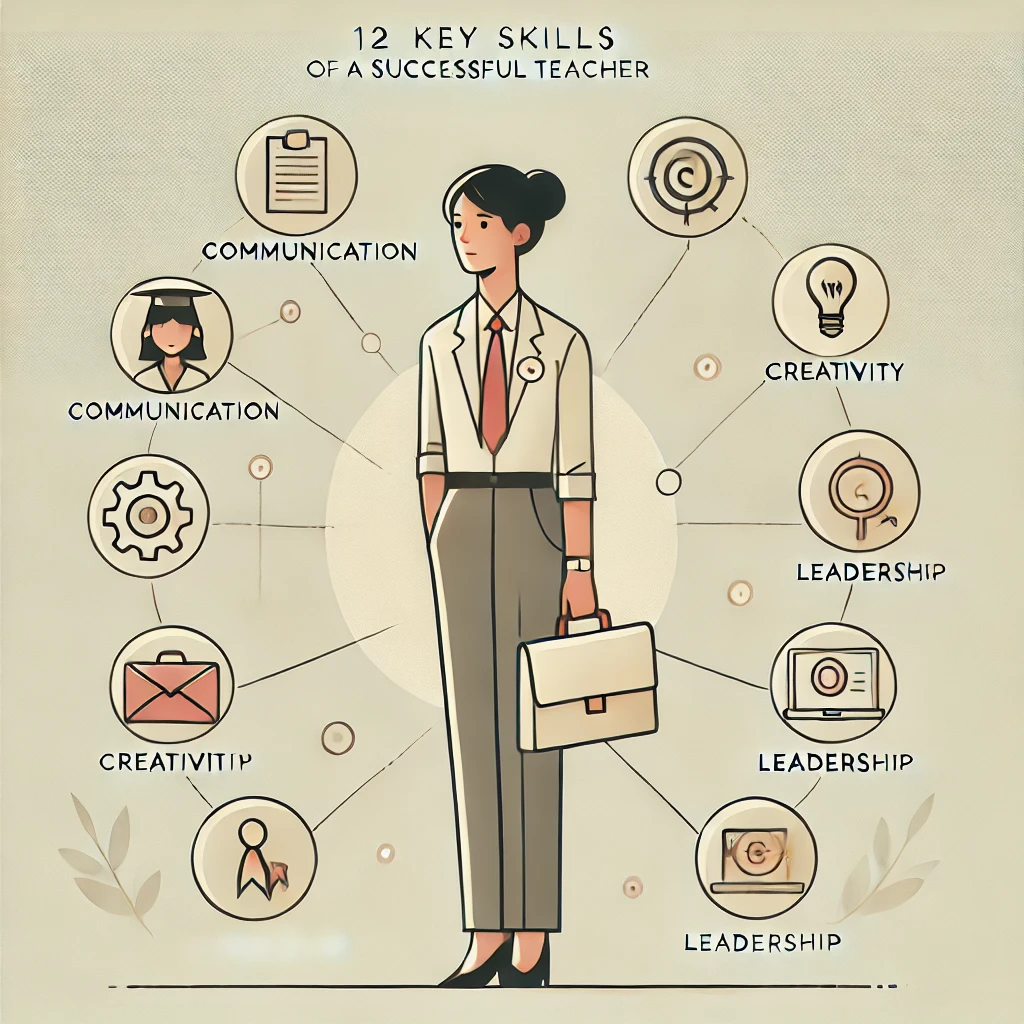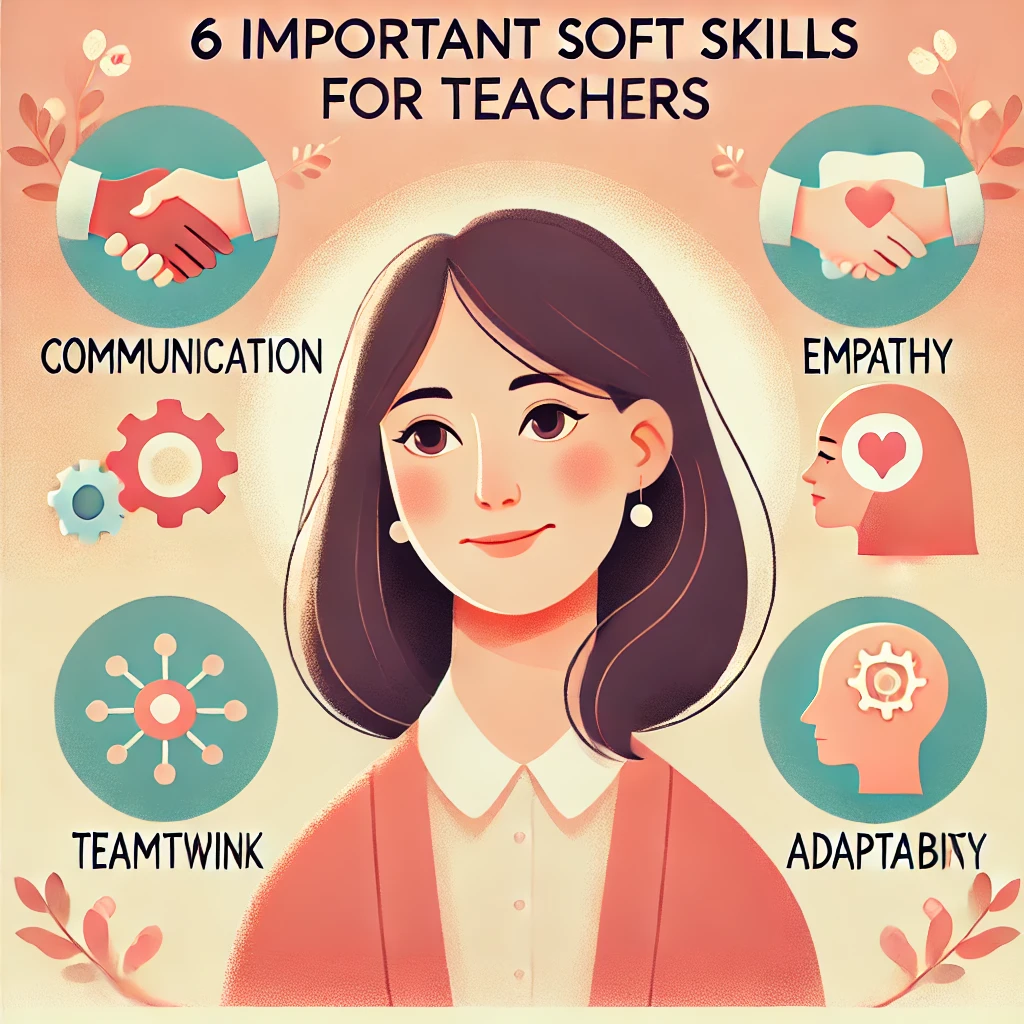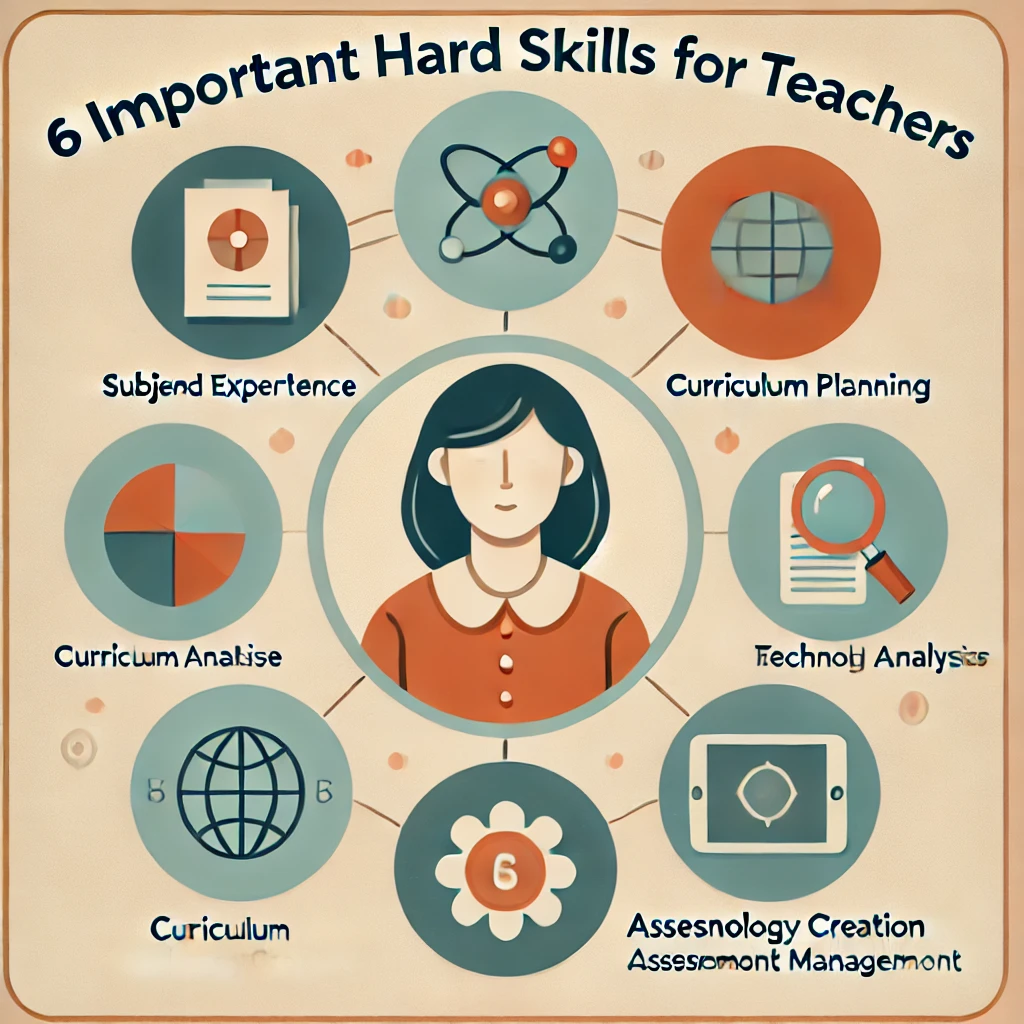Michael Morpurgo
It’s the teacher that makes the difference, not the classroom
A good tutor is more than just an educator they are a guiding force, shaping the future of our children and, by extension, our society. They inspire, lead, and nurture, leaving an indelible mark on every student’s life. Beyond imparting knowledge, tutors act as mentors and role models, instilling essential values and promoting critical thinking.
Their influence extends beyond the classroom, contributing to the development of well-rounded citizens capable of navigating societal challenges. The lessons and values taught by good tutors are carried by students throughout their lives, influencing their decisions and actions. As today’s youth become tomorrow’s leaders, the impact of a good tutor is profound and far-reaching, shaping not only individual futures but the future of society as a whole.
In this article, we shall guide you through essential skills for tutors that can enhance teaching methods and help you conduct engaging and efficient sessions.
12 Key Skills of a Successful Tutor

Becoming a good tutor involves a blend of passion, dedication, and continuous self-improvement. It starts with a passion for teaching and a genuine desire to make a difference in students’ lives. Good tutors are effective communicators, able to convey complex concepts in an engaging and understandable way. They show empathy and patience, recognizing and addressing the diverse needs of their students.
Continuous learning and professional development are essential, ensuring that they stay updated with the latest educational research and best practices. Many tutors, particularly those in a corporate training company, focus on honing their skills to meet the specific needs of adult learners and professionals. By building strong relationships with students, colleagues, and the community and by reflecting on their teaching experiences to identify areas for improvement, good tutors can make a lasting impact on their students’ lives and contribute to their overall growth and success.
To be a good tutor, one must possess a blend of essential skills encompassing both soft and hard skills. These skills enable tutors to inspire and educate students effectively, encouraging both academic and personal growth. In this article, let’s dive into the 12 essential skills required to become a good tutor.
6 Important Soft Skills for Tutors

Here is a list of important soft skills for tutors that are crucial for building strong student-tutor relationships and facilitating a positive classroom atmosphere.
1. Patience
Patience, one of the important qualities of a good tutor, encompasses maintaining a calm, composed, and empathetic demeanor when faced with challenges and setbacks. It involves providing students with the necessary time and space to learn and develop at their own pace, recognizing and respecting their unique needs.
Patient tutors also demonstrate a strong belief in their students’ potential and are committed to investing the time and effort required to help them achieve their goals. The impact of patience on student learning and growth is significant. When students feel supported and understood, they are more likely to participate in the learning process and take intellectual risks actively.
Patience promotes a safe and nurturing learning environment where students feel at ease asking questions, making mistakes, and exploring new concepts.
2. Empathy
Empathy involves connecting with others and expressing, “I want to understand how this feels to you and let you know that you’re not alone.” As a tutor, practicing empathy is crucial. Instead of making assumptions, tutors should strive to understand and address the underlying issues causing a student to fall behind, perform poorly, or act out.
It’s important for tutors to recognize the signs of trauma or abuse and know when something might be amiss in a child’s life.
Many institutions seek the help of organizations that can educate tutors on these issues and provide valuable soft skills training courses. A tutor’s awareness and intervention can be pivotal in noticing and addressing a child’s needs, potentially saving or changing their life.
3. Personable Teaching
Personable teaching plays a crucial role in creating a positive and engaging learning environment. In this approach, tutors establish personal connections with students, making them feel valued and understood. When students feel comfortable with their tutor, they are more likely to participate actively in class and seek help when needed.
This approach contributes to an inclusive classroom atmosphere where students feel at ease, encouraging them to communicate their ideas and thoughts without fear of judgment.
An approachable tutor promotes open communication, facilitating students’ sharing of concerns and feedback. By embodying traits such as friendliness, respect, and empathy, personable tutors set examples for their students, imparting crucial social skills and values through their conduct and interactions.
4. Encouragement
Encouragement is an important soft skill for a successful tutor. Regular motivation is essential for children, as it fuels their enthusiasm for learning and helps them stay committed, energetic, and innovative. Motivated students see the value in their education and are determined to achieve their goals.
According to Carol Dweck, cultivating a growth mindset in children is crucial. tutors should praise the process, effort, focus, and hard work rather than innate intelligence or talents, making students more resilient. When students are deeply engaged in tasks, they have less cognitive and emotional energy to worry about their social image, reducing stress.
Motivated students also recover more quickly from setbacks, such as low grades or harsh criticism, as they are driven by intrinsic motivation rather than fear of failure. Encouragement helps students remain engaged and resilient, enabling a positive and productive learning environment.
5. Corrective Feedback
Students may sometimes make mistakes as they learn new concepts. Corrective feedback is an essential soft skill to help them avoid repeating the same errors. Corrective or formative feedback is defined as communication intended to modify a learner’s thinking or behavior to enhance learning. This type of feedback redirects students and offers support when they make mistakes.
There are many ways to give feedback, but it must always be constructive and positive. However, this does not mean covering up their mistakes or offering unwarranted praise. Feedback should be communicated effectively and impactfully, ensuring it is constructive and guides improvement. Effective feedback is most beneficial when given during the learning process, allowing students time to act on it and make necessary adjustments.
6. Active Listening
Active listening is a key method of focused and responsive listening that helps the student feel valued and understood. In an educational setting, when students feel that their tutor genuinely cares about their thoughts and experiences, it develops an emotional bond that can positively impact their well-being and academic performance.
Active listening entails paying close attention, picking up on non-verbal cues, and observing body language during communication. tutors can improve their active listening skills by maintaining open, relaxed body language, such as leaning towards the student, nodding occasionally, and maintaining eye contact for the majority of the conversation.
It’s important to be patient and allow students enough time to express themselves, as well as to respond by rephrasing and acknowledging their input. In these interactions, it’s crucial to refrain from interrupting, formulating a response while the student is still speaking, giving unsolicited advice, sharing personal stories, or changing the subject.
6 Important Hard Skills for Tutors

Here are 6 essential hard skills for tutors to ensure they can deliver lessons efficiently and adapt to the evolving educational landscape.
1. Presentation and Instruction
Presentation and instruction skills are vital for effective teaching, ensuring that lessons are engaging, clear, and impactful. The most effective tutors come to each session well-prepared. If the tutors are prepared, they can communicate easily.
When they can communicate effectively, they can teach others effortlessly. Effective communication and thorough preparation play significant roles in successful presentation and instruction. By mastering these skills, tutors can conduct classes easily, maintain student engagement throughout the period, and make the learning experience enjoyable and productive.
2. Classroom Management
Effective classroom management creates a positive, productive, and safe learning environment. It involves a combination of approaches and tactics that promote good behavior and encourage students to develop strong study and work habits.
Establishing clear and consistent rules and expectations is fundamental to emphasizing the value of mutual respect and maintaining a sense of dignity within the classroom. Tutors should also prioritize building positive and nurturing relationships with their students by demonstrating patience, empathy, and kindness. When conflicts arise, it’s important to approach them with sensitivity and work towards resolving them effectively.
By addressing students’ needs and concerns, tutors can develop a supportive and inclusive environment that nurtures a sense of belonging and encourages academic and personal growth. Establishing a good rapport with students is the cornerstone of successful classroom management.
3. Subject Matter Expertise
Many tutors are teaching outside their own specialism, either having trained in a subject or having to teach more than one. This means that tutors’ own subject knowledge is key and often needs to go beyond what students need to learn. Subject knowledge means knowing your subject inside out, understanding what students need to learn, where they will progress next, and the most appropriate ways of structuring teaching episodes.
A good tutor would use all their knowledge while teaching in the class. No limitation of the subjects; all the subjects are interrelated. They use it to explain the concepts with subject knowledge and inter-relate with the use of it in another subject. Additionally, anticipating common misconceptions within particular subjects is vital. Collaborating with colleagues to understand and address these misconceptions enhances teaching effectiveness.
4. Evaluation Skills
Evaluation is an essential skill for tutors. It should be a continual process rather than an occasional process, allowing for making value judgments and assessing students’ educational status and achievements. A tutor must evaluate students’ work thoroughly. Tutors must note down the ways of students’ habits- reading, writing, and way of behaving in class.
Tutors should consider areas like marks on test papers, notebook keeping, projects/scrapbook activity, work completion on time, participation in various activities, discipline, and many more to evaluate by a tutor. This makes way for more systematic change in the lesson plan and facilitates the students’ overall development along with the tutor’s growth.
5. Curriculum Development
Curriculum development refers to the process of creating, revising, or updating the set of courses, content, and learning experiences that make up an educational program or course of study. tutors should work with subject-matter experts when designing the curriculum, ensuring that they bring a real-world perspective to their educational content.
This means breaking free from the traditional textbook approach and embracing innovative tools like interactive videos and audiobooks. By doing so, they’re making education more accessible for everyone, including differently-abled students.
Curriculum development provides a clear roadmap of instructions, helping tutors understand what students should know and enabling them to plan their lessons effectively. It supports tutors in developing effective teaching methods and practices, encourages them to go beyond the norm by using interactive teaching strategies, and enhances both tutor effectiveness and student engagement. Additionally, it helps tutors stay updated with the latest information and trends in the educational system.
6. Technological Skills
Mastering technology is essential for any tutor who wants to create an amazing and interactive learning environment. With the power of technology, tutors can efficiently handle administrative tasks like attendance and grading and even track student progress. It also makes it easier to develop study guides and lesson plans, bringing excitement and dynamism to the classroom.
As technology evolves, tutors must stay ahead of the game and discover the best digital tools to cater to their students’ needs. This expertise improves teaching techniques and facilitates student comprehension.
Technology offers an endless array of resources, such as images, videos, and games, catering to all types of learners. Integrating technology into classrooms can lead to a shift from passive learning to active participation for students. With cutting-edge tools like online educational games and virtual reality, technology revolutionizes student engagement and achievement.
Equipping tutors with these skills doesn’t just lighten their load; it transforms the entire education landscape, benefiting tutors, administrators, schools, and students alike.
Conclusion:
In conclusion, being a successful teacher goes beyond mastering the curriculum; it requires a blend of essential skills that foster an engaging, supportive, and inclusive learning environment. From effective communication and adaptability to strong organisational abilities and a passion for lifelong learning, these 12 key skills are the foundation upon which exceptional teaching is built. By continually developing and refining these skills, teachers can inspire their students, navigate challenges with confidence, and make a lasting impact on the educational journey of every learner they encounter.
If you’re a student looking to enhance your learning experience or a teacher seeking to share your expertise, Edumentors provides an excellent platform. Here, students can find top tutors from leading UK universities, and educators can become tutors, offering their valuable skills to those in need of guidance. Whether you’re aiming to improve your academic performance or embark on a tutoring journey, Edumentors connects you with the resources and opportunities to succeed.
Related Blogs

23 GCSE Maths Questions to Boost Your Grades

The Ultimate Guide to 11 Plus Questions
Find a Tutor
Online tutors from top UK universities
Recent Posts
- National Offer Day 2026 – Everything You Need to Know
 by Nini Jishkariani
by Nini Jishkariani - Access Arrangements Online: How Exam Support Applications Work
 by Nini Jishkariani
by Nini Jishkariani - Best Online Native English Tutors in the UK
 by Mariam Gelashvili
by Mariam Gelashvili



